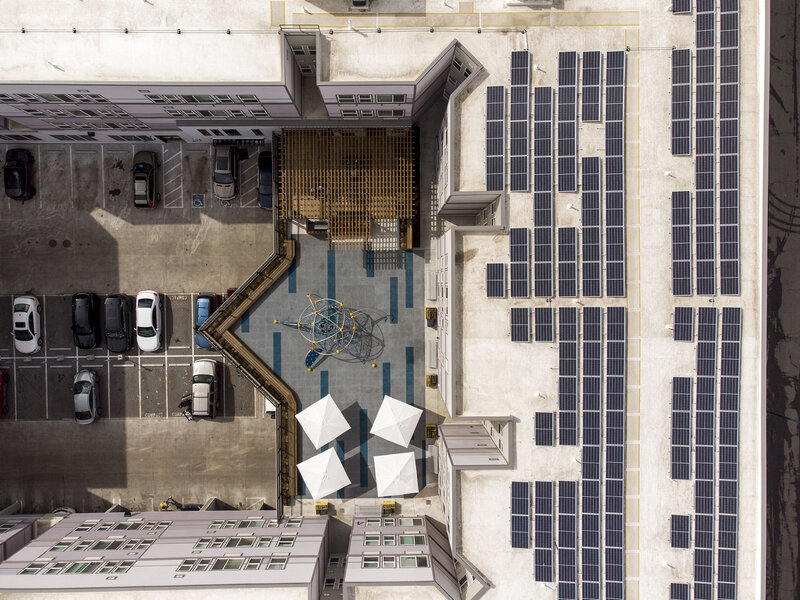Let's be honest: Building codes aren't thrilling.
Most people aren't too concerned with government standards for insulation or proper electrical wiring. The rules are dense and complicated. And a successful code achieves something essential but mundane: A suite of construction regulations that keep people safe without making it too difficult to build new homes or offices.
In the last few years, however, the arcane engineering and design rules have drawn interest as a potent weapon to tackle global warming. And now Colorado has become the latest state to adopt minimum building standards to advance its climate goals.
On Thursday, the Colorado Department of Local Affairs and the Colorado Energy Office released final versions of new statewide energy codes. In the coming years, almost all local governments will be required to adopt the rules to ensure new buildings are more energy efficient and ready for electric vehicle plugs and solar panels.
"This is a really big step forward for saving people money, reducing energy use and emissions, and ensuring that Coloradans have access to the technologies like electric vehicles," said Will Toor, the director of the Colorado Energy Office.
The new minimum standards won't apply to all municipalities right away. After July 1, a local government must meet or exceed the new standards whenever it updates its building codes or adopt new ones. That also means rare towns without codes won’t be affected.



 Climate Change
Climate Change Technology
Technology Energy
Energy


